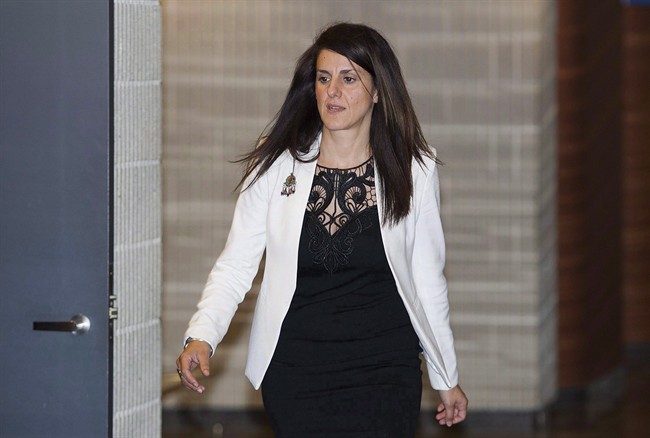A prominent secular feminist did not slander a Muslim school when she compared it to military training camps in Afghanistan and Pakistan, a judge ruled Tuesday.
Rather, Djemila Benhabib, an author known for her outspoken criticism of Islam, was exercising her freedom of speech on a subject of public interest, Superior Court Justice Carole Hallee wrote.
The Muslim Schools of Montreal was seeking $95,000 in damages and argued Benhabib’s comments greatly tarnished its reputation.
Benhabib’s lawyer, Marc-Andre Nadon, said the decision recognizes “that the more important the subject matter is of public interest, the greater the court needs to be sensitive to the importance of freedom of expression in a democratic society.”
In a 2012 interview with a Montreal radio station, Benhabib lamented that Qur’anic verses published on the school’s website referred to the need for young girls to stay pure.
She also stated they criticized non-Muslims.
She was also critical of the fact the school uniform included the hijab for young girls.
READ MORE: ‘I regret nothing’: Slander trial against Quebec author set to begin
Benhabib added during the interview the school “models itself on a society different than ours. It’s a model where women have to lower their heads and walk behind men. Where kids are forced to learn Qur’anic verses and where, probably, men will commit honour crimes against their sisters.”
The head of the school’s board of governors, Ahmed Khebir, testified that enrolment dropped after Benhabib’s interview but the judge said the evidence he provided to the court didn’t support that claim.
Hallee said in her decision that Khebir and the other witnesses who testified on behalf of the school could not prove the institution’s reputation was damaged or that Benhabib wanted to cause any harm.
Hallee added Benhabib never used the word “terrorist” in her interview and did not target any individual.
“The wearing of the veil and memorizing Qur’anic verses in primary school are certainly subjects of public interest that justify freedom of expression,” the judge continued.
“These are subjects that are part of an ongoing debate in our society and we must allow everyone to express themselves with as much freedom as possible on these questions.”
Benhabib, an award-winning author, was born in Ukraine to a Muslim-Algerian father and a Greek-Cypriot mother.
She has said she “suffered through an Islamic educational system” and has vowed to fight against what she calls “political Islam.”
Julius Grey, the school’s lawyer and a well-known human rights and constitutional lawyer, said he didn’t want to comment and wouldn’t say whether his client would appeal.
